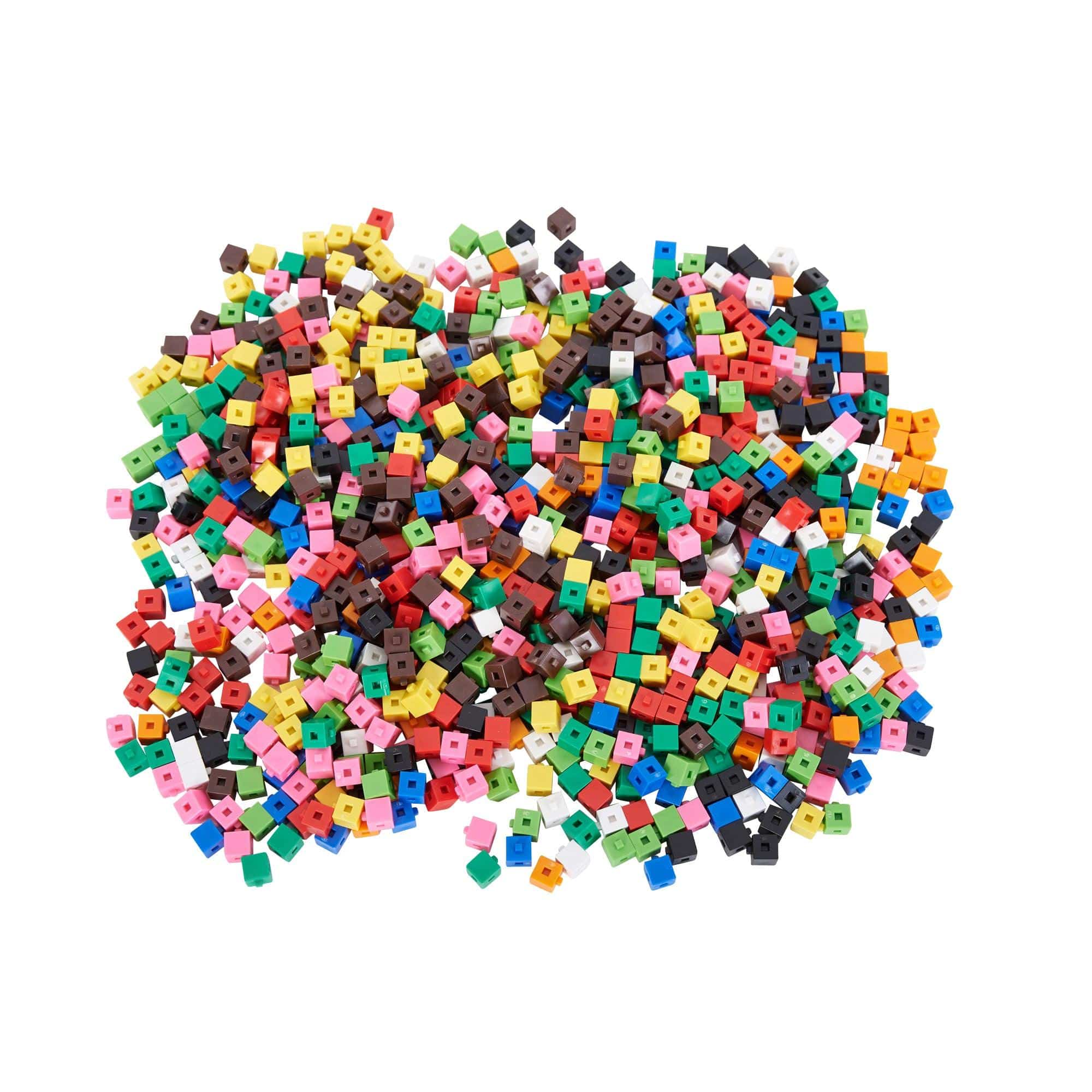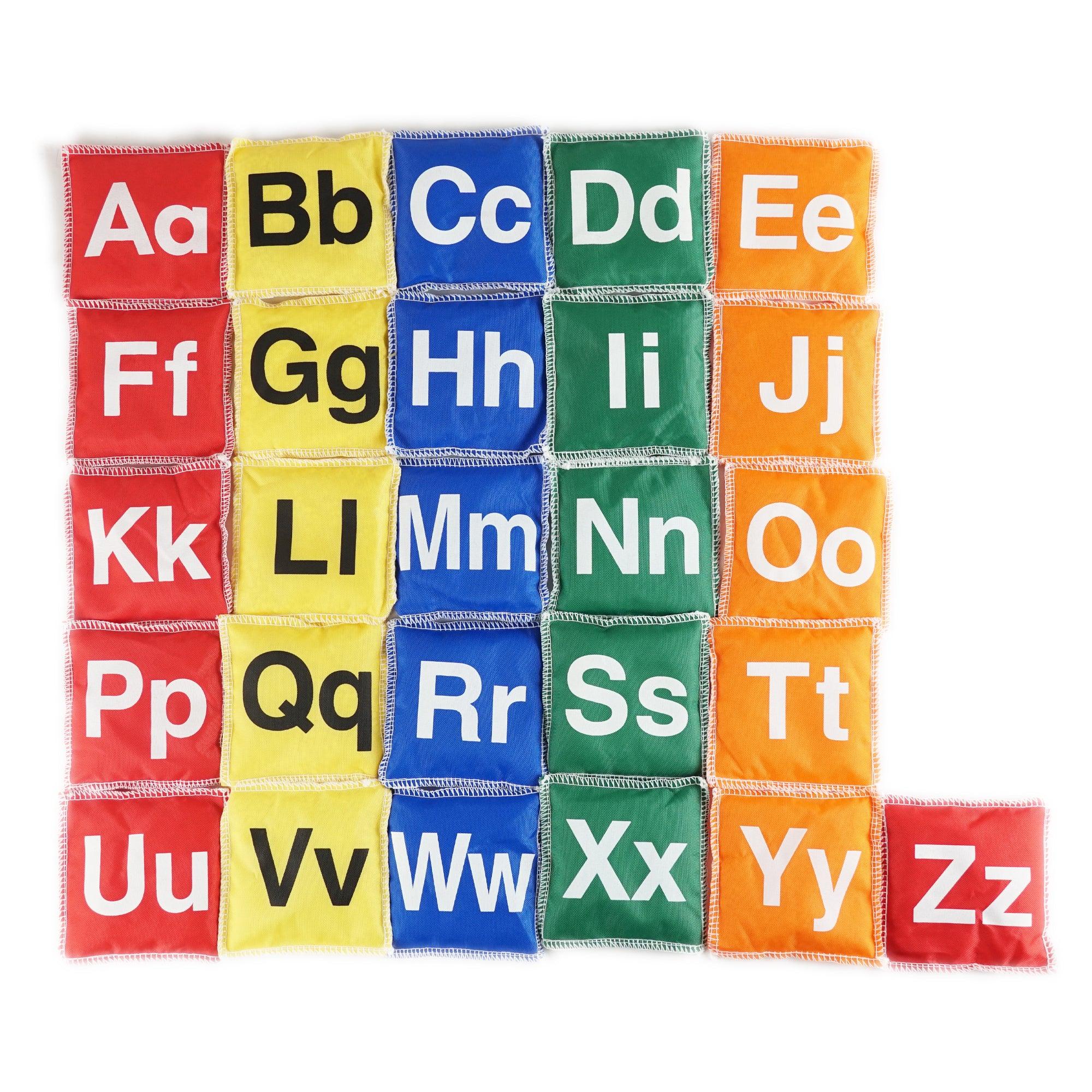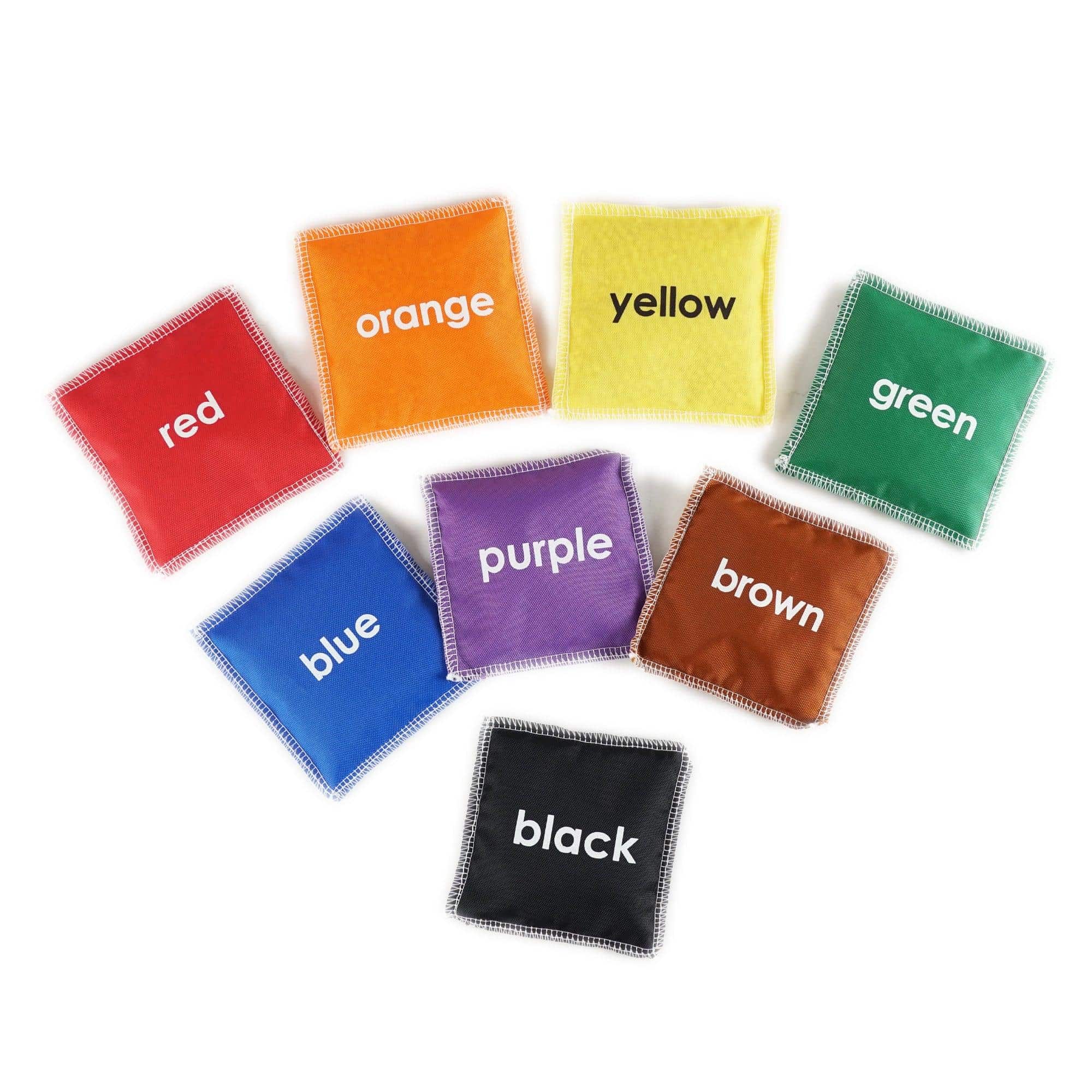The Role of Science Toys in Encouraging Curiosity and Exploration
Introduction
The world is full of wonders, waiting to be discovered. From the smallest atom to the deepest depths of space, there are countless mysteries waiting to be unraveled. As children, we are naturally curious about the world around us, constantly asking questions and seeking answers. This innate curiosity is what drives scientific exploration, leading to groundbreaking discoveries and advancements in our understanding of the universe.
One of the most effective ways to nurture and encourage this natural curiosity is through the use of science toys. These educational tools not only entertain but also engage children in hands-on learning experiences that foster a love for science, critical thinking, and problem-solving skills.
The Power of Science Toys
Science toys play a crucial role in encouraging curiosity and exploration in children for several reasons:
- Interactive Learning: Science toys provide a hands-on approach to learning, allowing children to actively engage with scientific concepts and principles. By manipulating these toys, children can observe cause-and-effect relationships, conduct experiments, and make connections between theory and practice.
- Stimulate Creativity: Science toys often involve open-ended play, enabling children to use their imagination and creativity to explore different possibilities and find solutions to scientific problems. This helps foster a sense of inventiveness and innovation in young minds.
- Cultivate Critical Thinking Skills: Science toys require children to think critically and analytically. They need to observe, question, predict, and experiment to understand the underlying scientific concepts behind these toys. This honing of critical thinking skills prepares children for future challenges by teaching them how to approach problems systematically.
- Encourage Collaboration: Many science toys are designed for group play, encouraging collaboration, communication, and teamwork among children. By working together, they learn how to share ideas, listen to others, and work towards a common goal. These skills are essential not just in science but in all aspects of life.
- Motivate Exploration: Science toys often spark curiosity and a thirst for knowledge beyond the toy itself. They inspire children to explore related topics, conduct further research, and delve deeper into scientific phenomena. This self-directed exploration expands their understanding and encourages a lifelong love for learning.
Features of Science Toys
Science toys come in various forms, catering to different age groups and scientific disciplines. Here are some common features of science toys:
- Experiment Kits: Science toys often include experiment kits that come with all the necessary materials and instructions to conduct scientific experiments. These kits allow children to learn by doing, applying scientific principles in a hands-on manner.
- Puzzles and Brain Teasers: Some science toys challenge children’s problem-solving skills through puzzles, brain teasers, and logic games. These toys develop critical thinking, spatial reasoning, and logical reasoning abilities.
- Building Sets: Science toys that involve building and construction, such as LEGO sets or magnetic building blocks, promote creativity, fine motor skills, and spatial awareness.
- Microscopes and Telescopes: Science toys like microscopes and telescopes allow children to explore the microscopic and celestial worlds, respectively. These toys offer hands-on experiences with observation and magnification, enhancing understanding of scientific concepts.
- Robotics and Coding: Science toys that involve robotics and coding introduce children to the principles of programming. They learn how to construct and program robots, fostering logical thinking and problem-solving skills.
Conclusion
Science toys play a significant role in nurturing curiosity and fostering a love for science and exploration in children. By engaging in hands-on learning experiences, children develop essential skills such as critical thinking, problem-solving, and creativity. Moreover, science toys inspire them to ask questions and seek answers, setting them on a path of lifelong learning and discovery.




